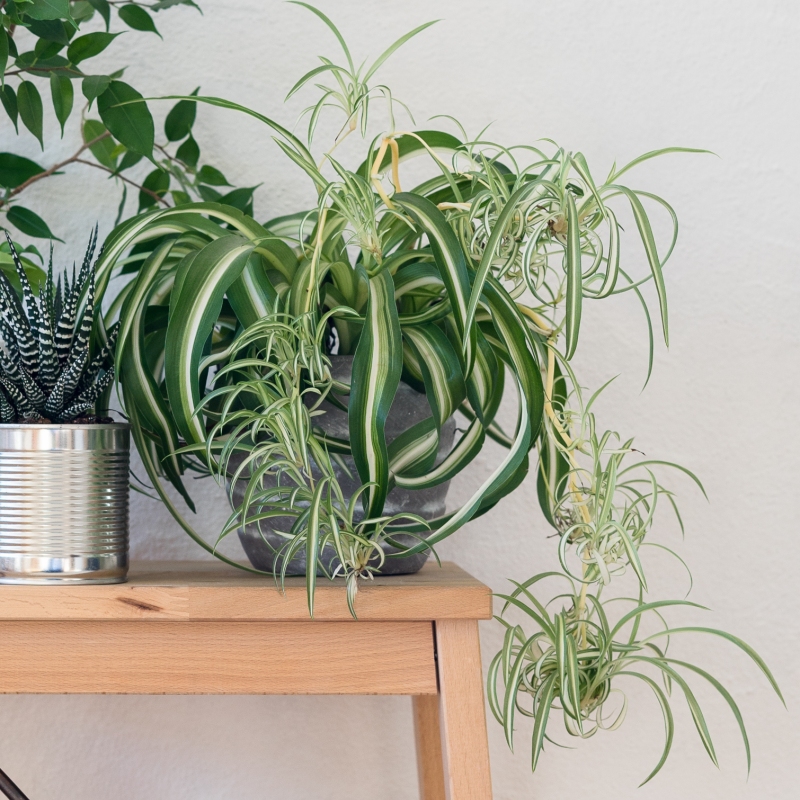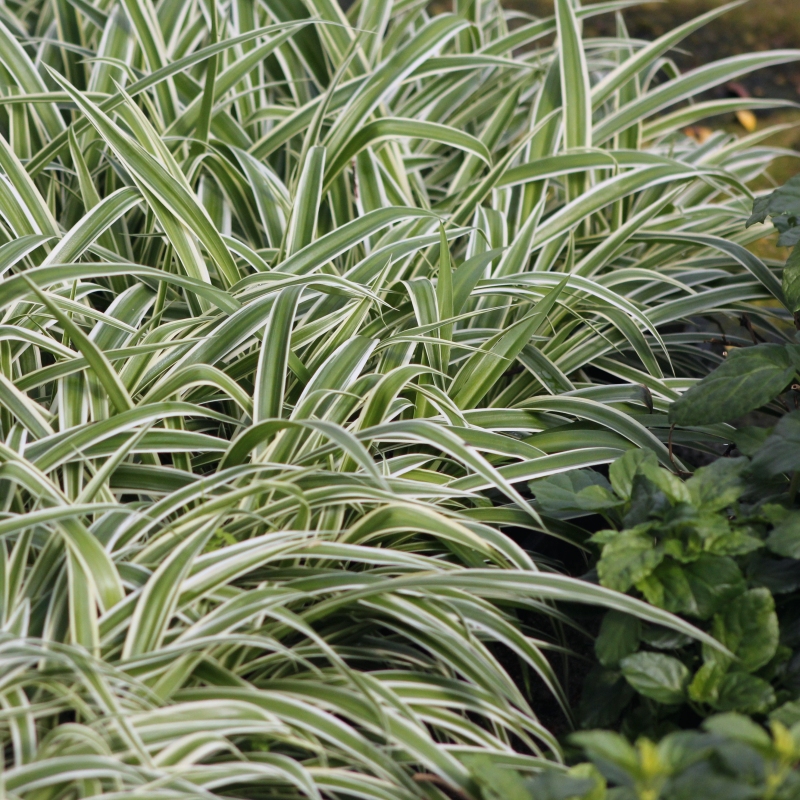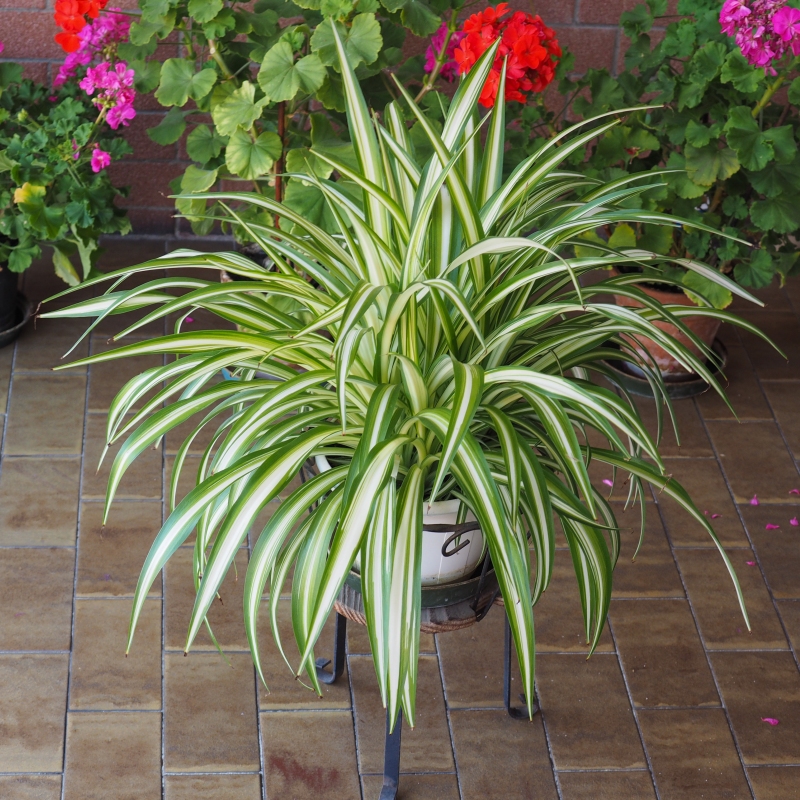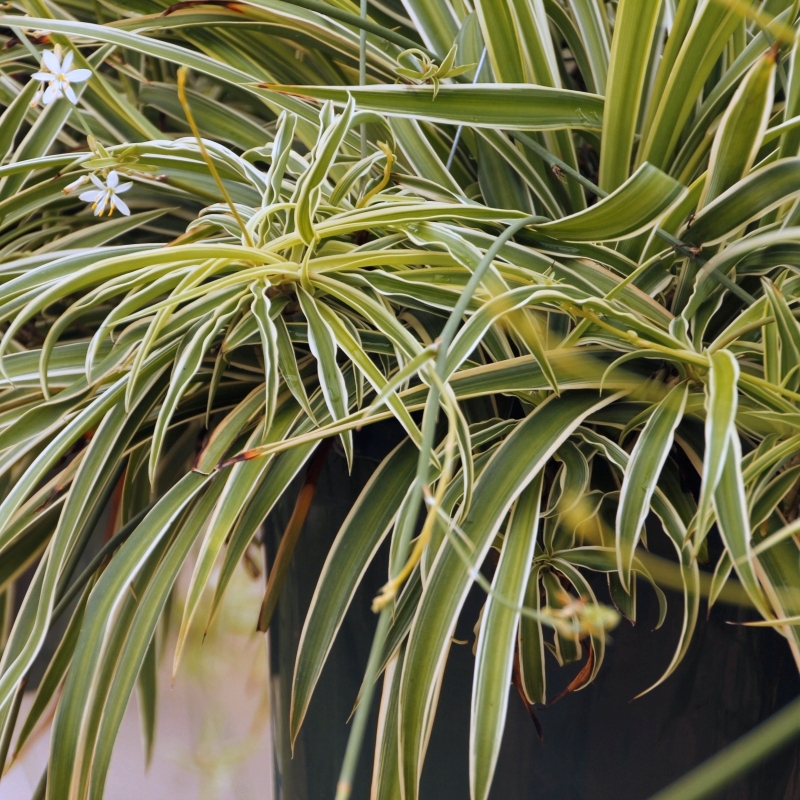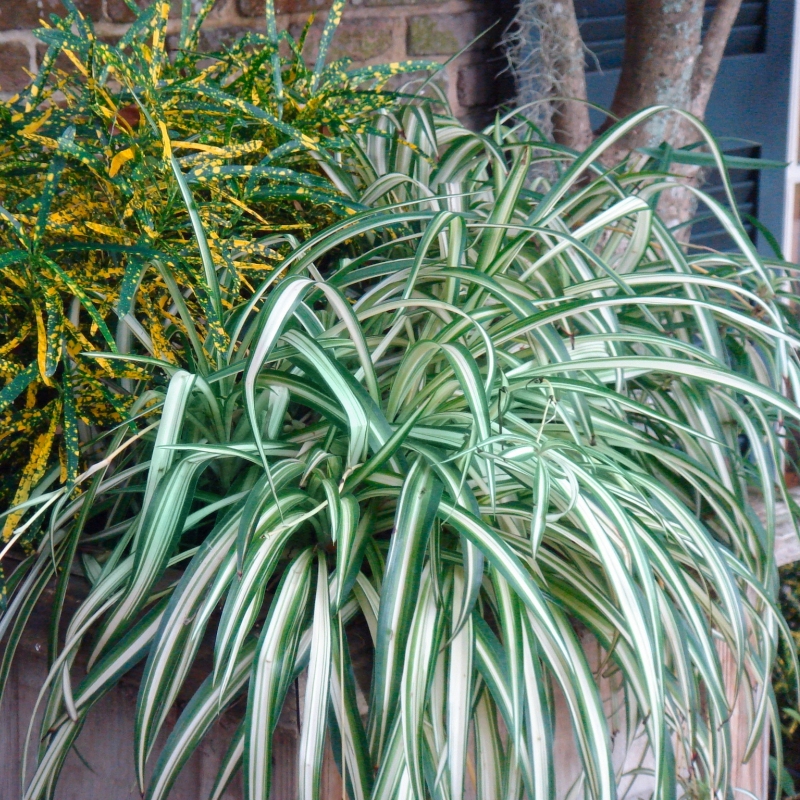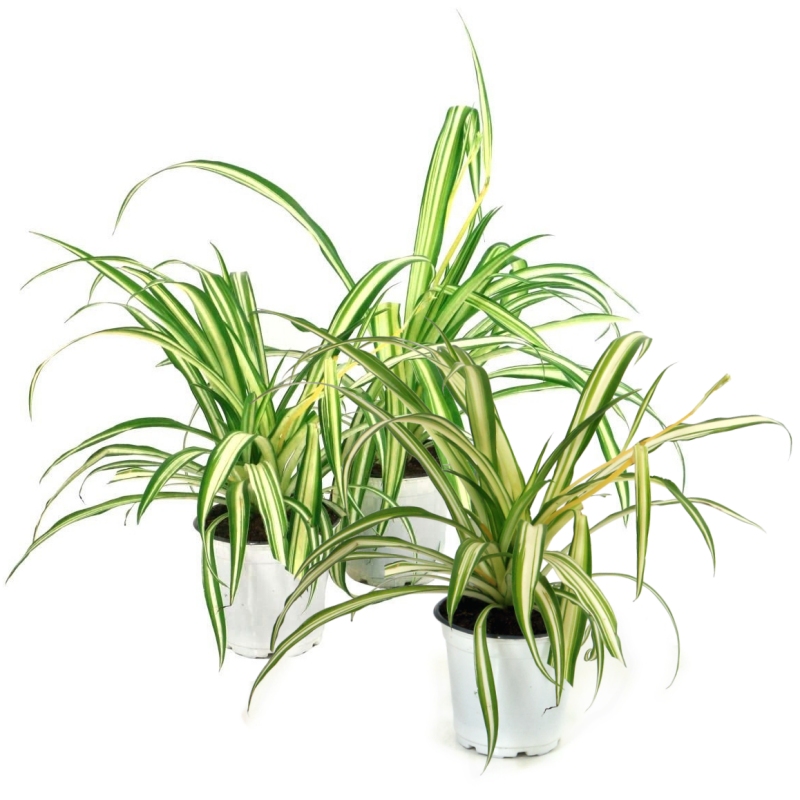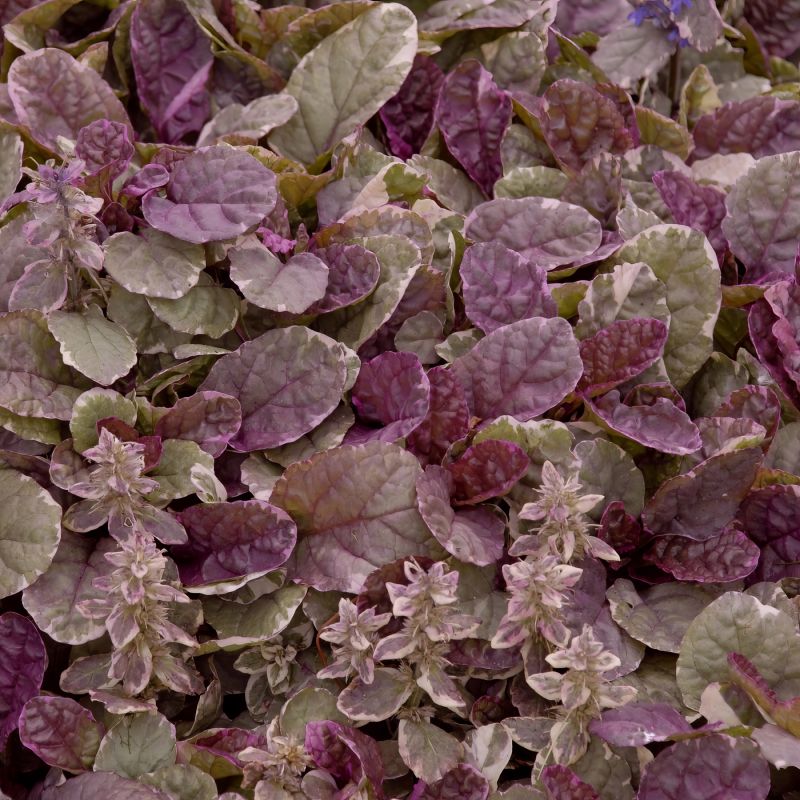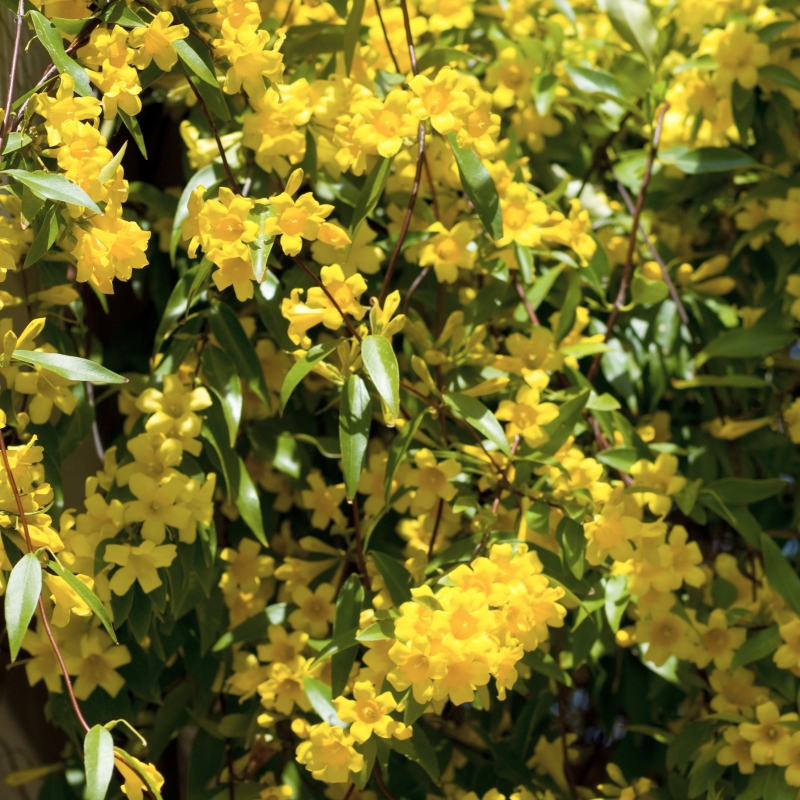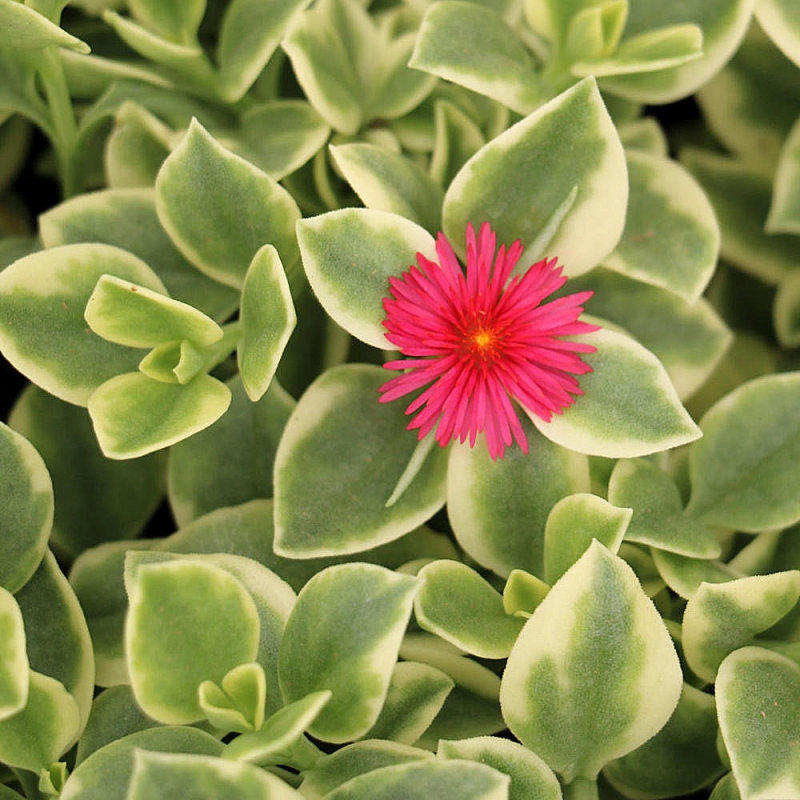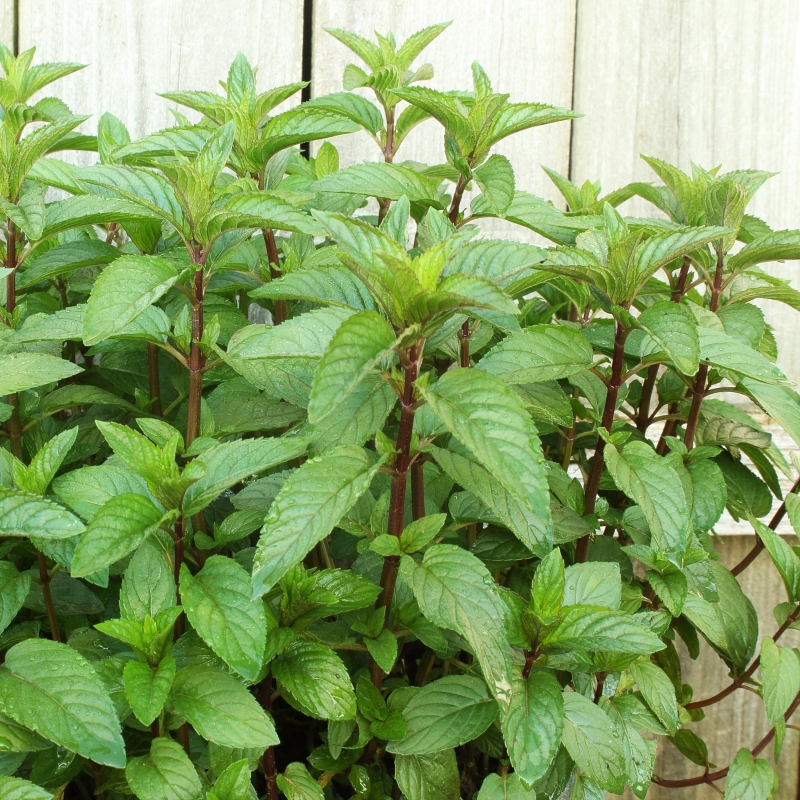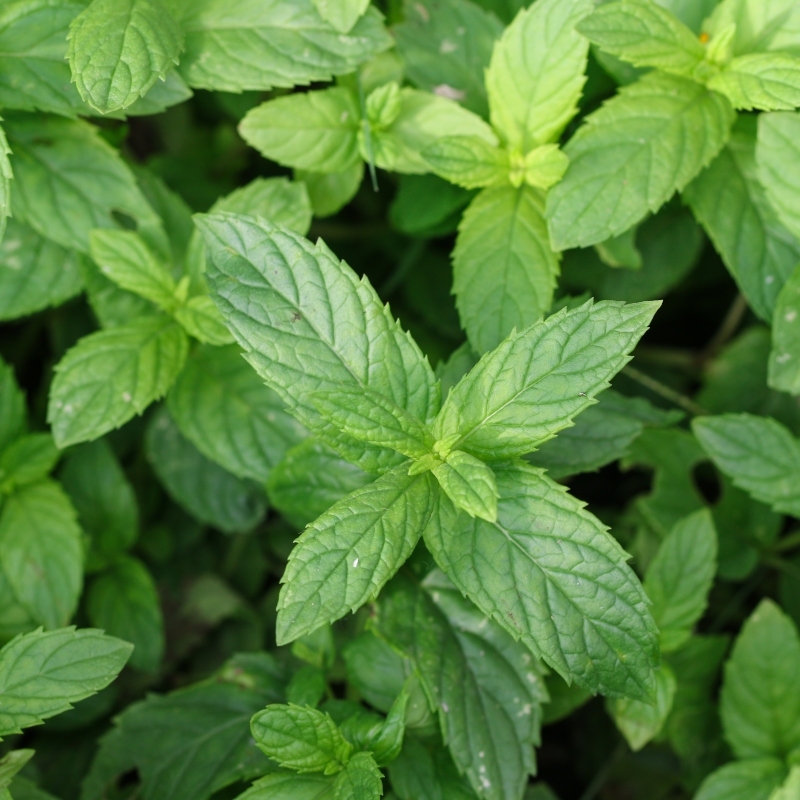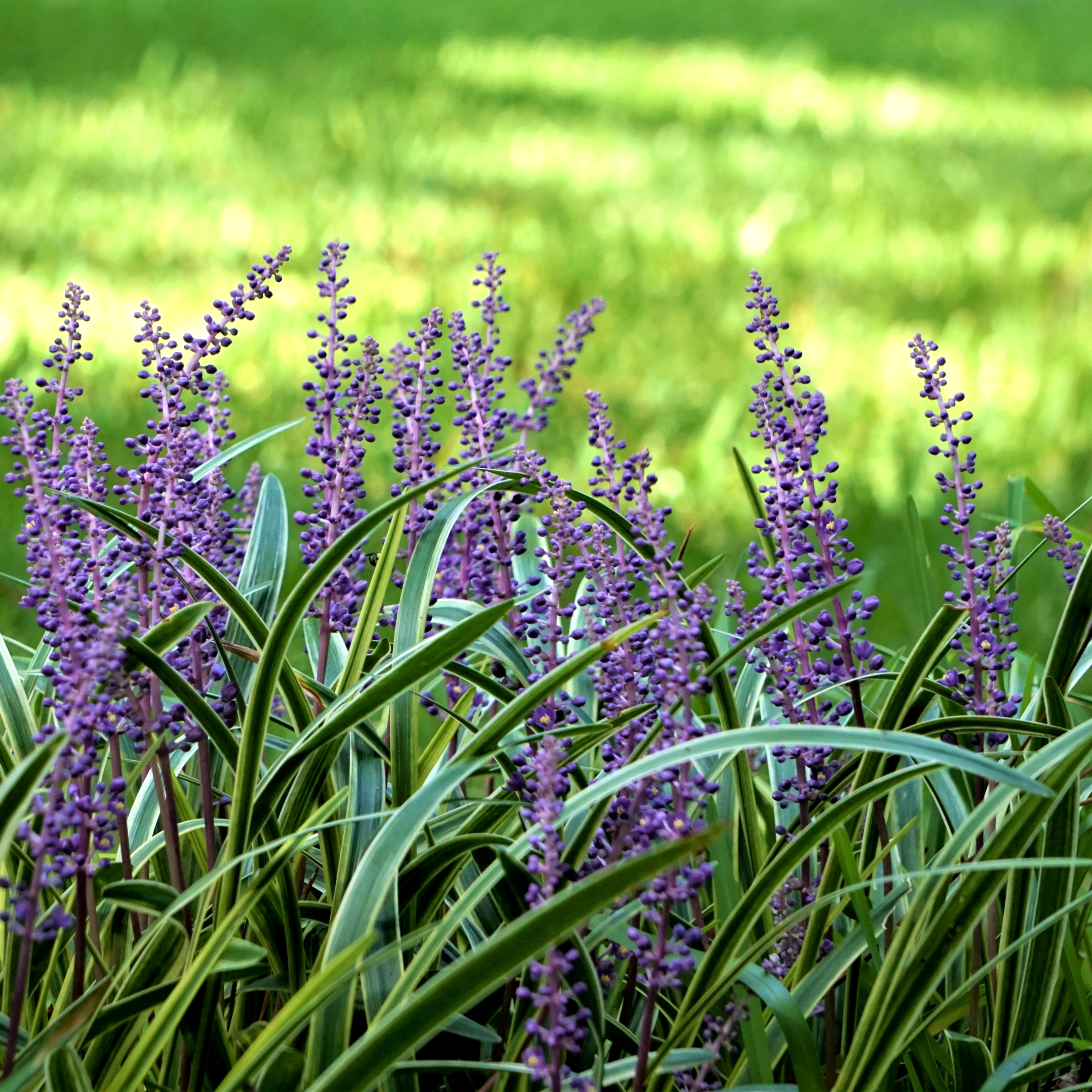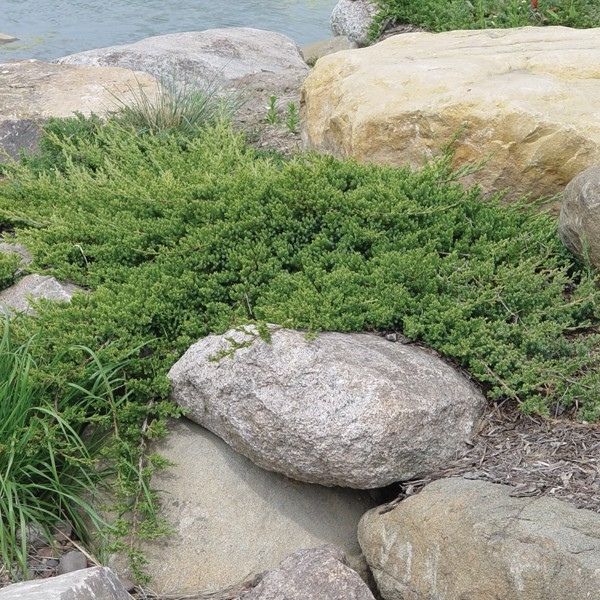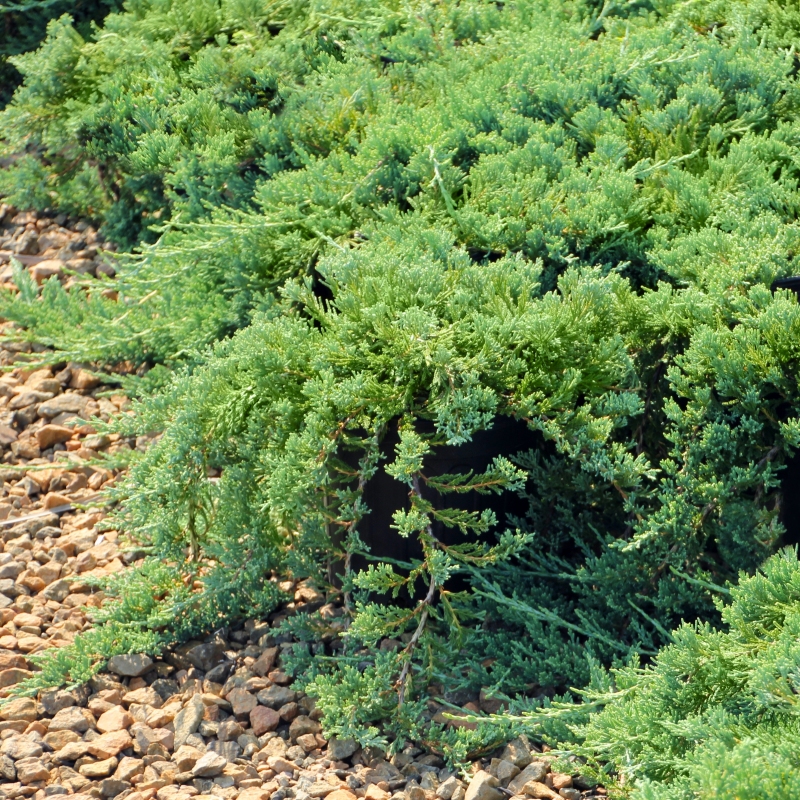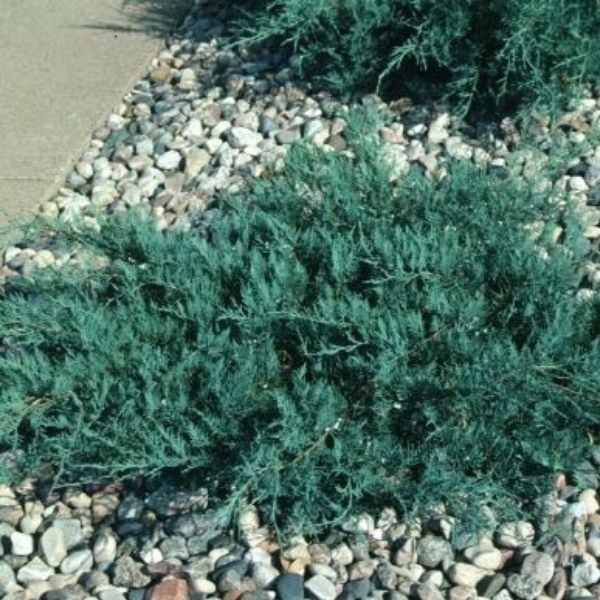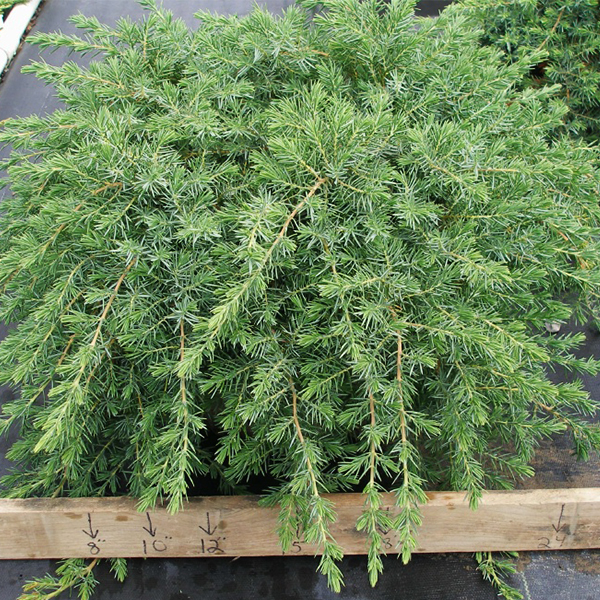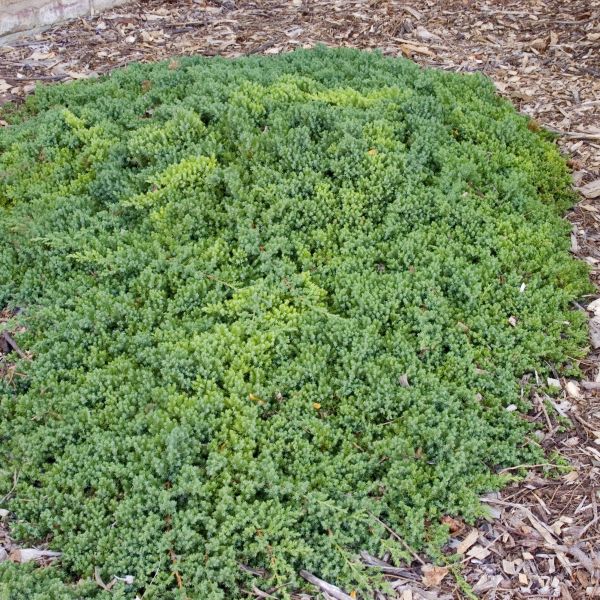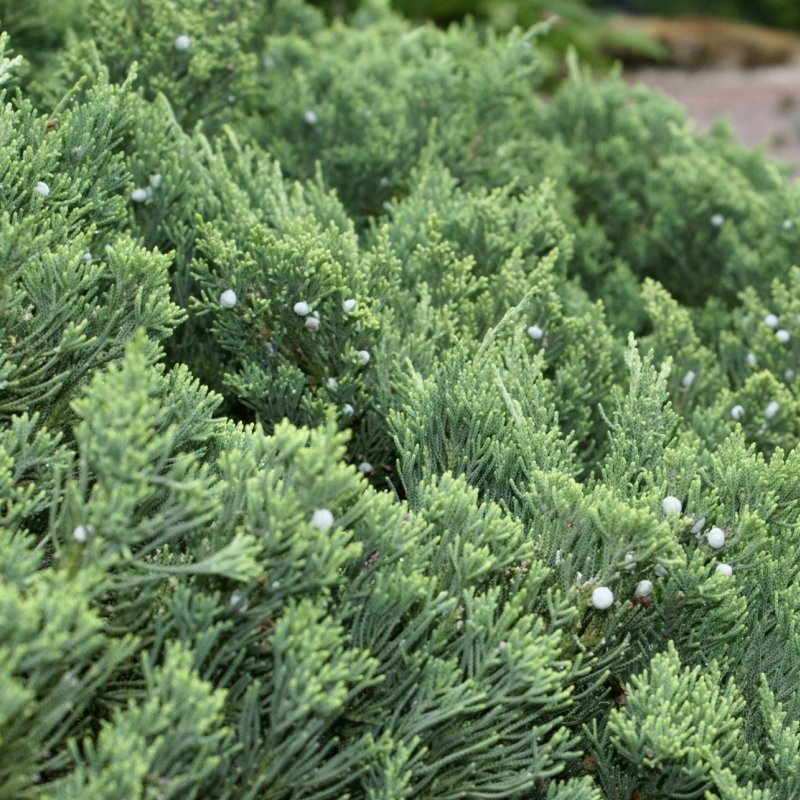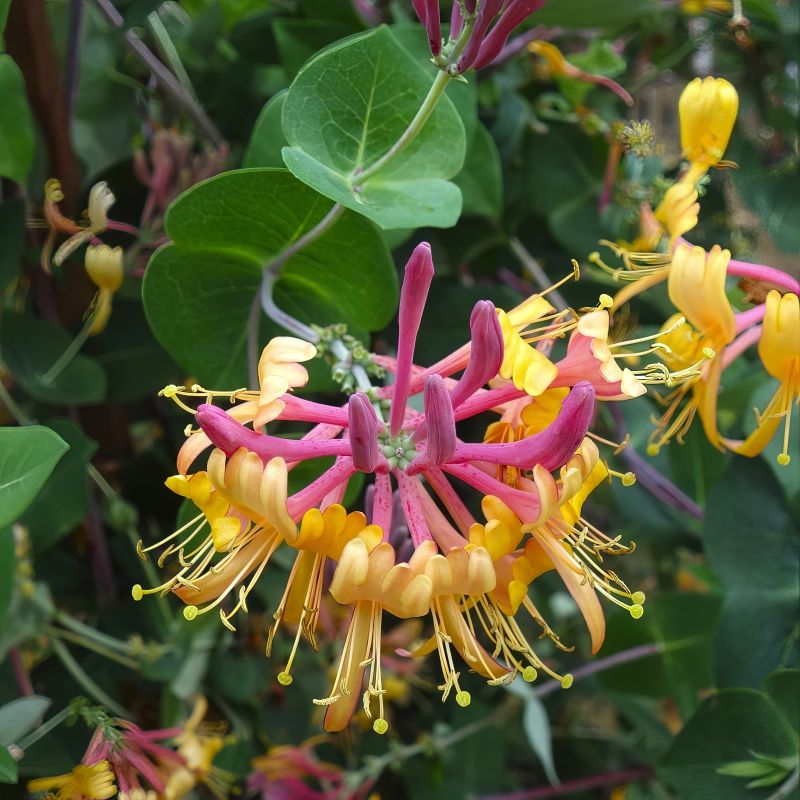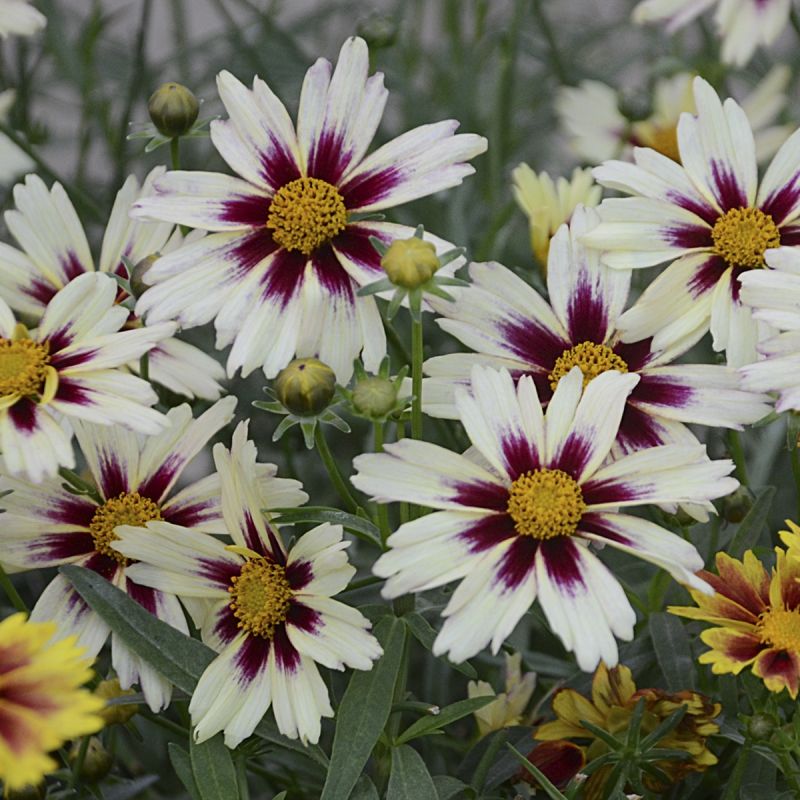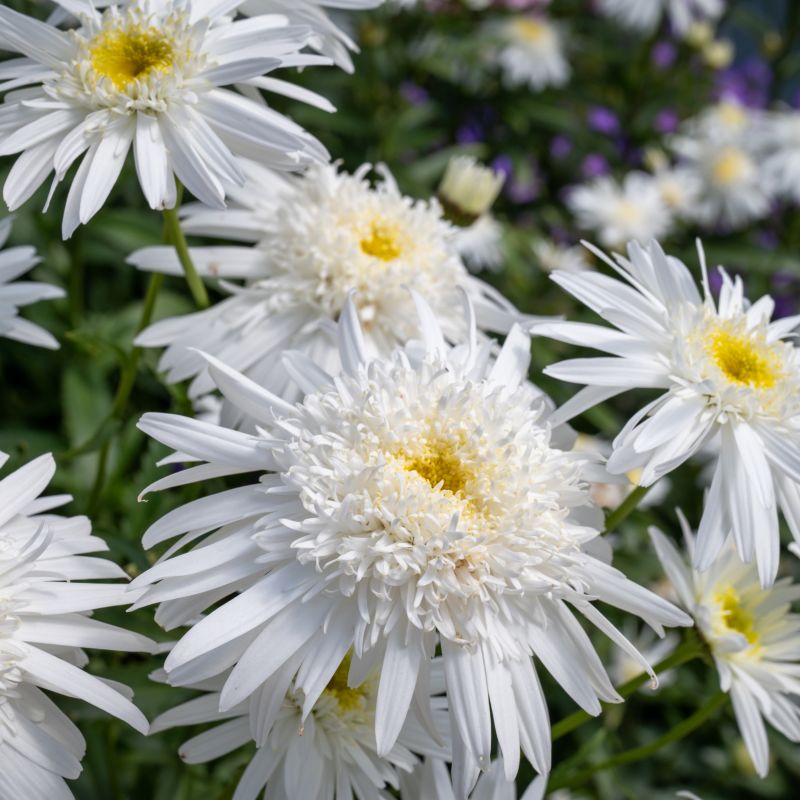

Spider Plant
Chlorophytum comosum Variegatum
19 reviews


Spider Plant
Chlorophytum comosum Variegatum
19 reviews
- Easy to care for and hard to kill, making it ideal for beginner gardeners
- Purifies indoor air by removing common household toxins
- Produces baby plants, known as spiderettes, that can be easily propagated to grow more plants
- Ships to 43215 in 3 to 7 days
- Free Shipping Over $150
- Plant Arrival Guarantee
- In Stock
- Free Plant Consult
$200
$68.00
$98.00
30% Off
- 4", 3 Pack
- 5.5"
- 6 Inch Container
Why Spider Plant?
The Spider Plant, also known as Chlorophytum comosum Variegatum, is a popular houseplant known for its air-purifying qualities and easy care requirements. With its long, arching leaves and striking variegated coloration, it adds a touch of elegance to any indoor space. Spider Plants are also known for their ability to produce small white flowers and baby plantlets, or "spiderettes", that dangle from the parent plant.
People who loved this plant also bought
Sunlight
Spider plants thrive in bright, indirect light but can also tolerate low-light conditions. They should be placed near a window where they can receive indirect sunlight for optimal growth. Direct sunlight can cause the leaves to burn, so it is best to avoid
Watering
Spider plants prefer to be watered thoroughly but infrequently. Allow the top inch of soil to dry out between waterings, then water until moisture drips through the drainage holes. Do not let the plant sit in water, as this can lead to root rot.
Fertilizing
Spider plants need a well-balanced fertilizer with a ratio of 20-20-20 or similar. Fertilize once a month during the growing season (spring and summer) with a half-strength liquid fertilizer. Avoid over-fertilizing, as this can lead to salt buildup in the
Spider Plant (Chlorophytum comosum Variegatum)
The Spider Plant, also known as Chlorophytum comosum Variegatum, is a popular houseplant known for its long, arching foliage and air-purifying properties. This plant features long, slender leaves that are green with white stripes, giving it a unique and striking appearance.
Spider Plants are easy to care for and can thrive in a variety of conditions, making them a great choice for both beginner and experienced plant owners. They prefer bright, indirect light but can also tolerate lower light levels. They should be watered regularly, allowing the top inch of soil to dry out between waterings.
In addition to their attractive appearance, Spider Plants are also known for their air-purifying qualities. They are particularly effective at removing toxins such as formaldehyde and xylene from the air, making them a great choice for improving indoor air quality.
Whether you're looking to add a touch of greenery to your home or office, or simply want to enjoy the benefits of a plant that is both beautiful and easy to care for, the Spider Plant is an excellent choice.
Plant Information:
| Botanical Name: | Chlorophytum comosum Variegatum |
| USDA Zones: | 9 - 11 |
| Mature Height: | 24 in |



Pollination Info
Pollination Info for Spider Plant (Chlorophytum comosum Variegatum)
Spider plants, like Chlorophytum comosum Variegatum, are typically pollinated by insects, primarily bees and butterflies. However, spider plants are also capable of self-pollination.
One common method of pollination for spider plants is through the transfer of pollen from the male reproductive organs (stamens) to the female reproductive organs (pistils) of the same flower. This can occur naturally through wind, insects, or other means.
When a spider plant is self-pollinated, it can produce seeds that can be used for propagation. These seeds can be collected and planted in soil to grow new spider plants.
Overall, spider plants are relatively easy to pollinate and can reproduce in a variety of ways, making them a popular choice for indoor and outdoor gardens.
FAQ
Spider Plant (Chlorophytum comosum Variegatum) FAQ
What is a Spider Plant?
A Spider Plant, also known as Chlorophytum comosum Variegatum, is a popular houseplant known for its long, arching leaves and small white flowers.
How do I care for a Spider Plant?
Spider Plants are relatively easy to care for. They prefer bright, indirect light and well-draining soil. Water when the top inch of soil is dry, and avoid overwatering. Spider Plants also benefit from occasional misting to increase humidity.
How do I propagate a Spider Plant?
Spider Plants can be easily propagated by dividing the plant or by planting the plantlets that grow from the parent plant's stems. Simply cut the plantlets off the parent plant and plant them in soil to grow new Spider Plants.
Why are the tips of my Spider Plant turning brown?
Brown tips on Spider Plant leaves are often caused by underwatering, low humidity, or a build-up of salts in the soil. Make sure you are watering your plant regularly and providing enough humidity. You can also try flushing the soil with water to remove excess salts.
How do I fertilize my Spider Plant?
Spider Plants can be fertilized with a balanced, water-soluble fertilizer diluted to half strength. Fertilize your plant once a month during the growing season (spring and summer), and avoid fertilizing in the winter months when growth slows down.
Can Spider Plants be grown outdoors?
Spider Plants can be grown outdoors in warm, frost-free climates. They prefer partial shade and well-draining soil. Be sure to bring your Spider Plant indoors before temperatures drop below 50°F (10°C) to avoid frost damage.
Planting & Care
Spider Plant (Chlorophytum comosum Variegatum) Planting & Care
Planting:
- Choose a well-draining pot with drainage holes at the bottom.
- Use a good quality potting mix with a balanced fertilizer.
- Plant the spider plant in the center of the pot at the same depth as it was in the nursery container.
- Water the plant thoroughly after planting.
Care:
- Light: Spider plants prefer bright, indirect light. Avoid direct sunlight as it can scorch the leaves.
- Water: Water the plant when the top inch of soil feels dry. Do not overwater as it can lead to root rot.
- Temperature: Spider plants thrive in temperatures between 65-75°F (18-24°C).
- Fertilizer: Feed the plant with a balanced liquid fertilizer once a month during the growing season.
- Pruning: Remove yellow or dead leaves to encourage new growth.
- Propagation: Spider plants can be easily propagated by dividing the plant or planting the plantlets that grow from the parent plant.
With proper care, your spider plant will thrive and produce beautiful variegated leaves that will brighten up any room.
Check Out These Verified Customer Reviews:
Customer Reviews
4.6 out of 5 based on 19 reviews
Thank you! Your review has been submitted.
I am beyond happy with my purchase of the Spider Plant. It arrived looking healthy and vibrant. Will definitely order again.
Website was easy to navigate. Found exactly what I wanted.
Packaging was secure. Plant was well protected.
Item has been added to your cart.



